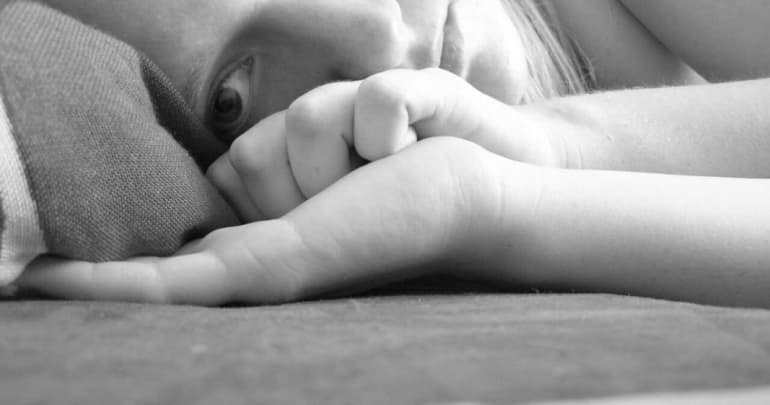You leave rehab refreshed, focused, and ready to embark on a life of sobriety. Full of hope, you arrive home and take the first shaky steps forward into your future—maybe by applying for a new job, moving to a new place, or breaking off harmful relationships.
However, over time, the “newness” of life after rehab wears off. Maybe you find yourself in a tempting environment, or maybe the stress of daily life just starts to wear on you.
Whatever the reason may be, you do what you swore you’d never do—you relapse. The next morning, you wake up disappointed or ashamed. How did this happen? Where do you go from here? Will you ever truly live a life of sobriety? How?
If this is your story, know that your journey to recovery doesn’t end here, and you can still move forward towards a sober future.
Read on to learn what you should do after relapsing in order to get back on track.
Seek Support
First, it’s important to remember that you can’t do this alone—not because you’re weak, but because you’re human.
Recovery is a lifelong journey, and having a supportive network of friends, family, and professionals is crucial to your success.
If you’ve recently relapsed, don’t carry the burden of guilt and shame alone. Reach out to your counselor or a loved one who has supported you throughout this process. They can provide you with practical tools and strength to pick yourself up, dust yourself off, and forge ahead in your journey to recovery.

If you experience a relapse, it does not mean that you’ve failed. For many, relapse is part of the recovery journey. Call HIR to learn more.
More infoEmbrace Honesty
When you reach out to others for help, be honest with them—and with yourself. What triggered your relapse? Was it a tempting circumstance? An unhealthy relationship? An emotional outburst sparked by stress or anger?
Once you acknowledge the truth of how you got here, you can move forward by planning how you’ll respond differently or, if possible, avoid this trigger in the future.
Give Yourself Grace
Embarking on a path to sobriety is like climbing a mountain. You will slip and fall along the way, but that doesn’t mean you’ve fallen back to the bottom of the mountain. You aren’t starting over.
In rehab, you were given the tools you need in order to recover from moments like this—use them.
Forgive yourself for your mistake, then make a commitment to not use drugs and alcohol (or turn to your behavioral addiction) again for the next 24 hours. Take this one day at a time, and remember—this is a journey, and you’ll get there in time.
Take Care of Yourself
When you start your day with a healthy decision, you’ll find it much easier to stay committed to your health throughout the rest of your day. Refocus on your holistic health by taking care of yourself physically.
Get adequate sleep, eat nutritious meals, and exercise regularly. These small decisions for a healthier you will make it easier to say “no” to harmful substances when the temptation arises.
Re-Focus on Your Goals
When you first left rehab, you probably made recovery your top priority. Over time, perhaps you’ve let other things crowd your to-do list and distract you from your goals.
What have you let come before your recovery? Are you still attending recovery meetings or meetings with your counselor or sponsor? Why or why not?
Journal through these questions or share your answers with a trusted friend.
Then, remind yourself of why you wanted to pursue sobriety in the first place.
Write those goals down, and put them somewhere you can see them regularly for continued motivation in the weeks and months ahead.

No matter how many times you’ve tried and failed to embrace a life of sobriety, we are ready and able to help you achieve your goals to avoiding relapse.
More infoConsider Rehab
Occasional slip-ups are normal. If your relapse was an isolated event, you can likely continue on your journey to recovery without re-entering rehab by following the advice above. However, if you’re trapped in a pattern of relapse and feel powerless to break free, you may need additional help.
You may need a treatment center that offers dual-diagnosis to treat the underlying causes of your addiction, or you may need a rehab that specializes in relapse recovery.
Here at Hawaiian Island Recovery, we combine proven treatment modalities with a low client-to-staff ratio in order to support long-term sobriety and break the cycle of relapse. If you’d like to talk to a professional for advice on your next step after relapse, call us today at 866-491-8009.
We’re here to guide and support you as you recommit to sobriety and take the next step towards a happier and healthier future. Contact us today.
 Hawaii Island Recovery
Hawaii Island Recovery 









